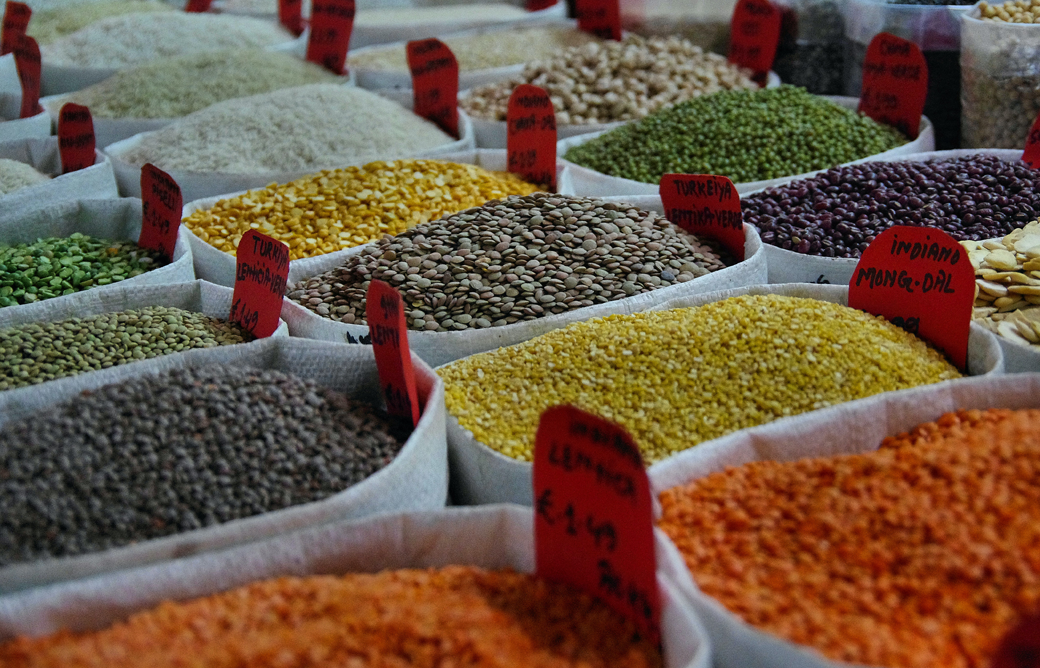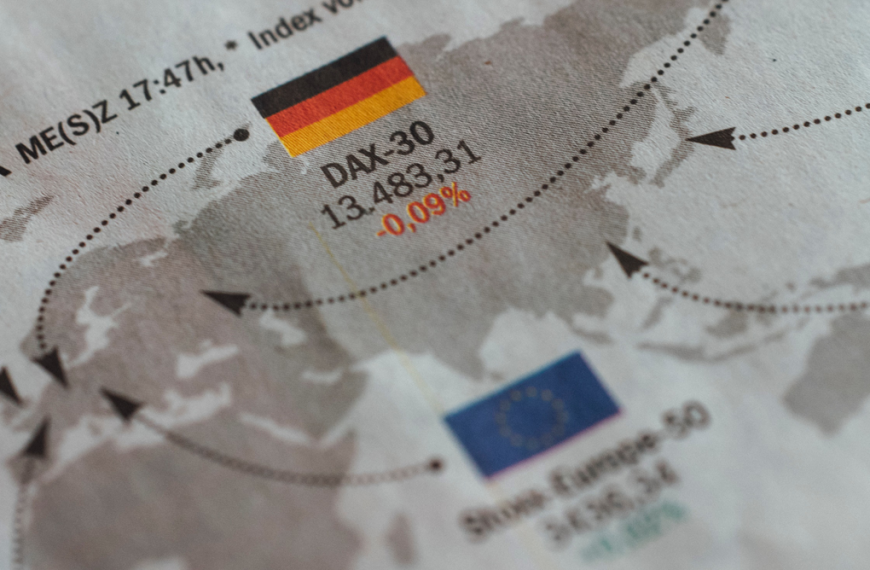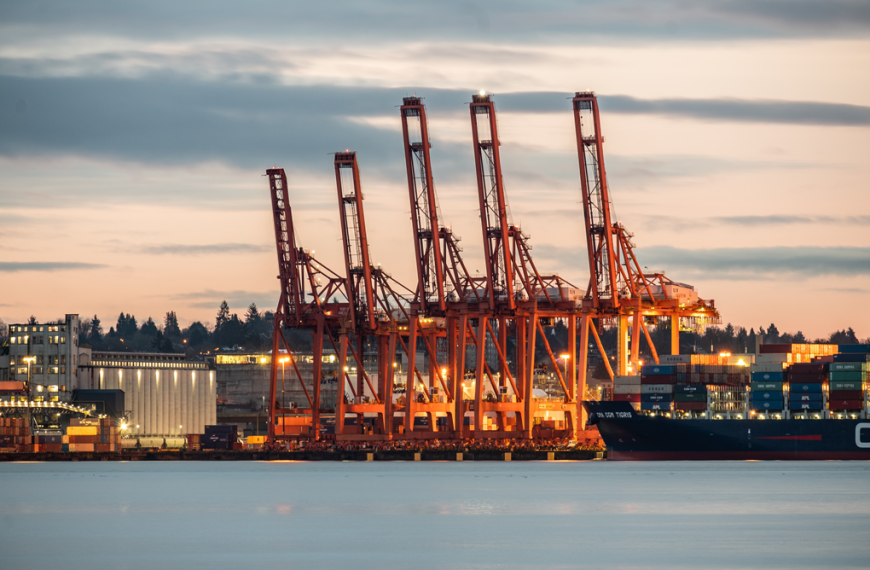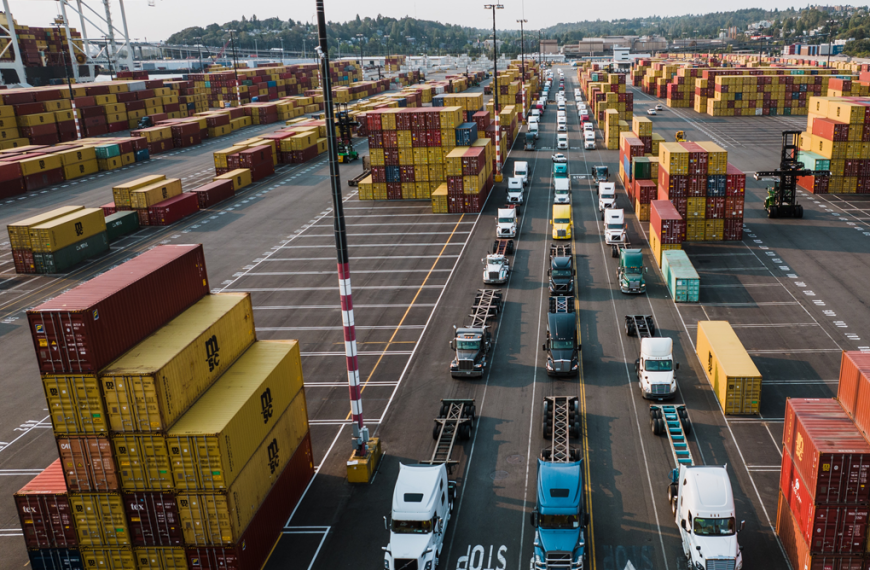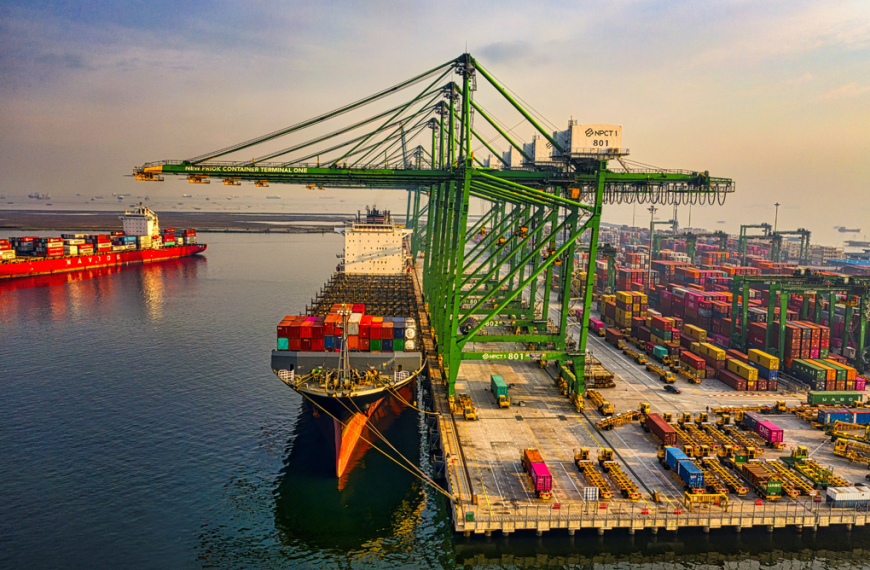Looking to learn about Nigeria UK trade? This blog post covers the latest numbers and the role of air and sea freight.
Nigeria is one of Africa’s leading exporters and has a long-standing trading relationship with the United Kingdom. The UK is one of Nigeria’s most important trading partners, and the two countries engage in bilateral trade across various sectors, including oil and gas, agriculture, and manufacturing. In this blog post, we’ll focus on Nigeria’s exports to the UK and how air freight and sea freight are vital to the success of this trade.
- Nigeria’s Exports To UK: What You Need To Know
- The Role Of Air Freight And Sea Freight In Nigeria UK Trade
- Latest Developments In Nigeria UK Trade
- Nigeria UK Trade Product Exports in numbers
- Nigeria’s trade with the United Kingdom in numbers
- Latest Nigeria UK Trade News
- UK to Eliminate Tariffs: What Does This Mean for Trade?
- Related Articles
- Brexit And Its Impact On Nigeria UK Trade
- The Role Of Air Freight In Nigeria UK Trade
- The Role Of Sea Freight In Nigeria UK Trade
- Nigeria’s Efforts To Boost Trade With The UK
- Opportunities For Nigerian Businesses In The UK Market
- Importance Of MDS Cargo Freight Forwarders In Nigeria UK Trade
- Conclusion
- Frequently Asked Questions (FAQs)
- Related Articles
Nigeria’s Exports To UK: What You Need To Know
Nigeria’s exports to the UK have experienced a steady growth in recent years. In 2020, Nigeria’s exports to the UK were worth $2.8 billion, making it the country’s second-largest export market. Nigeria’s top exports to the UK include crude oil, natural gas, and cocoa beans.
In the oil and gas sector, Nigeria is one of the world’s top producers of crude oil and exports a significant portion of this to the UK. The UK is also one of the leading importers of Nigerian cocoa beans, which are used in the production of chocolate.
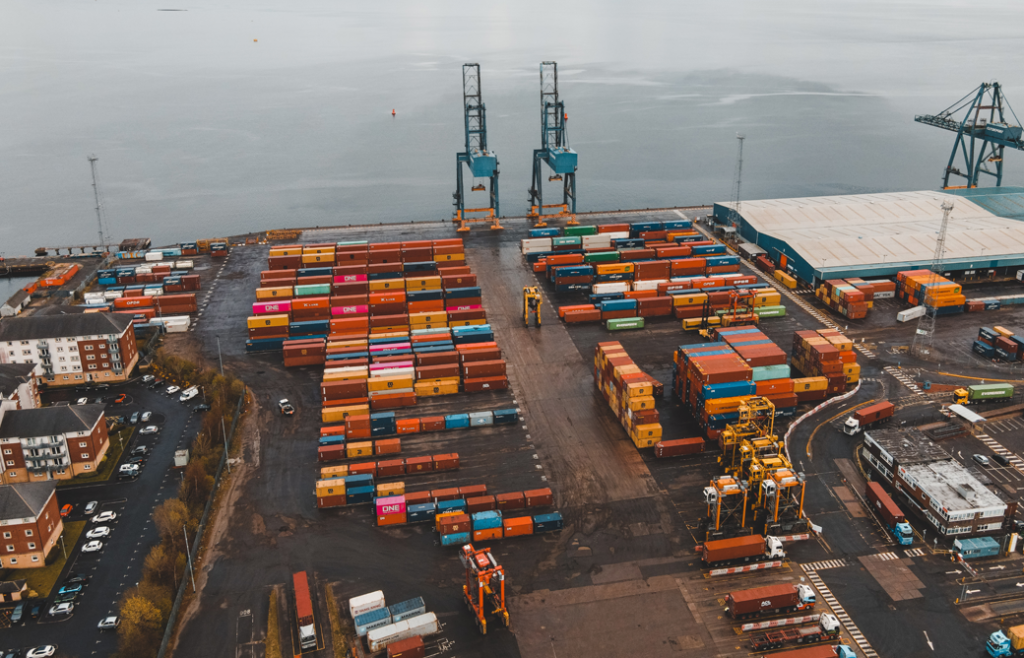
The Role Of Air Freight And Sea Freight In Nigeria UK Trade
Air freight and sea freight are critical to the success of Nigeria’s exports to the UK. Air freight is a fast and efficient mode of transportation that is ideal for perishable goods, such as fresh produce and flowers. It is also used for high-value goods, such as electronics and pharmaceuticals. Air freight services are available from various airports in Nigeria, including Lagos, Abuja, and Port Harcourt.
Sea freight, on the other hand, is ideal for transporting large volumes of goods that are not time-sensitive. This mode of transportation is commonly used for bulk commodities such as crude oil, natural gas, and solid minerals. Sea freight services are available from Nigeria’s major seaports, including Apapa and Tin Can Island in Lagos, and Onne and Port Harcourt in Rivers State.
Latest Developments In Nigeria UK Trade
In recent years, Nigeria’s trade with the UK has faced challenges, including the impact of the COVID-19 pandemic and Brexit. However, there are some positive developments on the horizon. In 2021, the UK announced £110 million in funding to support economic development and trade in Nigeria. This funding will support Nigeria’s agriculture, manufacturing, and infrastructure sectors, which are critical to the country’s economic growth.
Another positive development is the expansion of air and sea freight services between Nigeria and the UK. This expansion is a significant boost to trade between the two countries and will enable businesses to transport goods quickly and efficiently.
Nigeria UK Trade Product Exports in numbers
| Product | Export Value (2020) | Description |
|---|---|---|
| Crude Oil | £3.3 billion | Crude oil is the top export from Nigeria to the UK, accounting for more than half of the total trade volume between both countries. Nigeria is a major oil producer, and the UK is one of its largest oil buyers. |
| Natural Gas | £767 million | Natural gas is another important export from Nigeria to the UK. Nigeria has significant reserves of natural gas, and the UK is one of its largest markets for the product. |
| Cocoa | £121 million | Cocoa is a major non-oil export from Nigeria to the UK. Nigeria is the world’s fourth-largest producer of cocoa, and the UK is one of its largest buyers. |
| Rubber | £67 million | Rubber is also a significant non-oil export from Nigeria to the UK. Nigeria produces natural rubber, which is used in various industries, including the automotive and construction sectors. |
| Sesame Seeds | £28 million | Sesame seeds are another non-oil export from Nigeria to the UK. Nigeria is one of the largest producers of sesame seeds in the world, and the UK is a major buyer of the product. |
Nigeria’s trade with the UK is mainly focused on oil and gas, with crude oil and natural gas accounting for the majority of the total trade volume. However, there are also significant opportunities for non-oil trade, particularly in agriculture. Cocoa, rubber, and sesame seeds are some of the major non-oil exports from Nigeria to the UK, and these products have the potential to further expand the trade relationship between both countries.
In addition to these products, Nigeria also exports other goods to the UK, including wood, leather, and ginger. The UK imports these products via various modes of transport, including air freight and sea freight. Air freight is typically used for high-value and time-sensitive products, while sea freight is preferred for bulkier items with a longer lead time.
Nigeria’s trade with the United Kingdom in numbers
Nigeria is a country blessed with vast resources, including oil, natural gas, and minerals. The country has a thriving economy and is a hub for trade in West Africa. The United Kingdom is one of Nigeria’s top trading partners, with the two countries engaging in bilateral trade in various sectors, including oil and gas, agriculture, and manufacturing.
Here are some quick numbers to give you an idea of Nigeria’s trade with the United Kingdom:
- In 2020, Nigeria’s exports to the United Kingdom were worth $2.8 billion, while imports from the United Kingdom amounted to $1.3 billion.
- Nigeria’s top exports to the United Kingdom include crude oil, natural gas, and cocoa beans.
- The United Kingdom’s top exports to Nigeria include machinery, vehicles, and pharmaceutical products.
Here’s a table that provides an overview of Nigeria’s trade with the United Kingdom, based on the latest available data:
| Trade Category | 2019 Value (USD) | 2020 Value (USD) | Change (%) |
|---|---|---|---|
| Total Trade | $3.57 billion | $3.34 billion | -6.39% |
| Exports to the UK | $2.86 billion | $2.80 billion | -2.07% |
| Imports from the UK | $713 million | $534 million | -25.10% |
| Trade Balance | $2.14 billion | $2.26 billion | +5.63% |
Total Trade: This includes both imports and exports of goods and services between Nigeria and the UK.
Exports to the UK: This includes all goods and services that Nigeria exports to the UK, such as crude oil, natural gas, and cocoa beans.
Imports from the UK: This includes all goods and services that Nigeria imports from the UK, such as machinery, vehicles, and pharmaceuticals.
Trade Balance: This represents the difference between Nigeria’s exports to the UK and its imports from the UK. A positive trade balance means that Nigeria exports more to the UK than it imports, while a negative trade balance means the opposite.
Overall, Nigeria enjoys a trade surplus with the United Kingdom, making it an essential trading partner for the country.
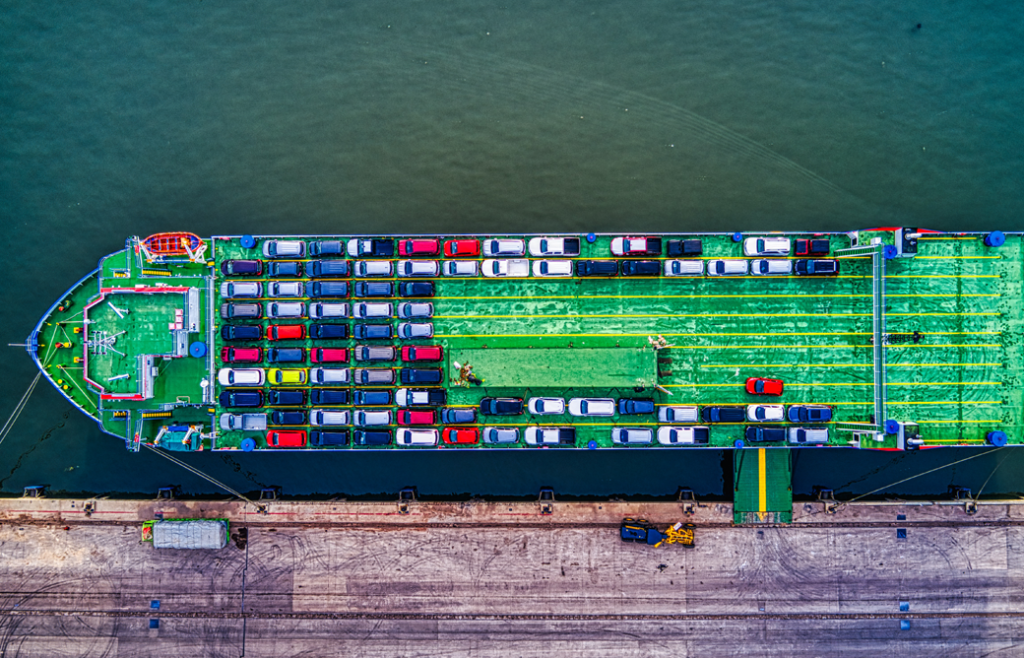
Latest Nigeria UK Trade News
Nigeria’s trade relationship with the United Kingdom has been a significant aspect of its economic growth for many years. The two countries have a long-standing trading history that has been strengthened by the use of air freight and sea freight to transport goods quickly and efficiently. In this blog post, we’ll take a closer look at the latest news and updates on Nigeria UK trade.
UK to Eliminate Tariffs: What Does This Mean for Trade?
Recently, the United Kingdom announced its plan to eliminate tariffs on a wide range of goods in an effort to boost trade and attract new business partners. This move is seen as a positive step towards promoting economic growth, particularly in the wake of Brexit.
But what does this mean for businesses that engage in international trade, especially those that rely on air freight or sea freight for transportation of their goods? For starters, it means that trading with the UK is now more affordable and accessible than ever before.
With the elimination of tariffs, businesses can save money on importing goods from the UK or exporting their own products to the UK market. This opens up new opportunities for small and medium-sized enterprises (SMEs) looking to expand their global reach.
Additionally, the elimination of tariffs can lead to increased competition, which can drive down prices and increase the quality of goods available in the market. This can ultimately benefit consumers by offering more affordable and high-quality products.
Overall, the UK’s decision to eliminate tariffs is a positive development for businesses and consumers alike. It provides an incentive for international trade and strengthens the UK’s position as a key player in the global market. As businesses look to take advantage of these new opportunities, air freight and sea freight will continue to play a vital role in facilitating international trade and commerce.
Related Articles
Brexit And Its Impact On Nigeria UK Trade
Since the UK’s decision to leave the European Union, there has been some concern about the impact of Brexit on Nigeria UK trade. The UK’s departure from the EU has created uncertainties, particularly around trade agreements and tariffs. However, despite the challenges presented by Brexit, Nigeria and the UK continue to maintain their trading relationship. The UK is currently Nigeria’s second-largest trading partner, with a total trade value of $3.34 billion in 2020.
The Role Of Air Freight In Nigeria UK Trade
Air freight plays a crucial role in Nigeria UK trade, particularly for time-sensitive goods such as perishable foods and pharmaceuticals. Despite the challenges presented by the COVID-19 pandemic, air freight has continued to operate, providing essential services to businesses in both countries. Nigeria’s primary airports, including Lagos, Abuja, and Port Harcourt, offer air freight services to the UK.
The Role Of Sea Freight In Nigeria UK Trade
Sea freight is also essential to Nigeria UK trade, particularly for bulk commodities such as crude oil, natural gas, and solid minerals. Nigeria’s major seaports, including Apapa and Tin Can Island in Lagos and Onne and Port Harcourt in Rivers State, provide sea freight services to the UK. However, the COVID-19 pandemic has presented some challenges to sea freight, with disruptions to supply chains and a decrease in demand for certain goods.
Nigeria’s Efforts To Boost Trade With The UK
In recent years, Nigeria has taken steps to boost trade with the UK. In 2020, the Nigerian government launched the Economic Sustainability Plan (ESP), which aims to promote economic growth and diversification. As part of this plan, the government is working to improve infrastructure, including transport links such as airports and seaports. These improvements are expected to facilitate trade between Nigeria and the UK, including the use of air and sea freight.
Opportunities For Nigerian Businesses In The UK Market
The UK market offers opportunities for Nigerian businesses to expand their operations and reach new customers. The UK is a highly developed economy with a strong demand for goods and services. Nigerian businesses can take advantage of this demand by exporting products such as textiles, agricultural produce, and processed foods. Additionally, the UK offers a favorable business environment, with a stable political and economic climate and a strong legal system.

Importance Of MDS Cargo Freight Forwarders In Nigeria UK Trade
In the world of international trade, the role of freight forwarders cannot be underestimated. Freight forwarders play a vital role in ensuring the smooth movement of goods from one country to another. This is particularly true when it comes to the Nigeria-UK trade relationship, where air freight and sea freight are the most common modes of transportation.
MDS Cargo is one such freight forwarding company that has been providing excellent services to clients involved in Nigeria UK trade. MDS Cargo provides a range of services such as customs clearance, warehousing, air freight, sea freight, road freight, and more. Their expertise and experience in the industry make them an ideal partner for businesses looking to navigate the complexities of international trade.
MDS Cargo also offers specialized services such as temperature-controlled transportation, hazardous goods transportation, and project cargo handling. With their global network of partners and agents, MDS Cargo ensures that goods are transported safely, efficiently, and at competitive rates. This makes them an important player in the Nigeria UK trade relationship and an essential partner for businesses involved in international trade.
Conclusion
Nigeria UK trade continues to be a significant aspect of both countries’ economic growth. Despite the challenges presented by Brexit and the COVID-19 pandemic, air freight and sea freight continue to play a crucial role in facilitating trade between the two countries. Nigeria’s efforts to improve infrastructure and boost trade, coupled with opportunities for Nigerian businesses in the UK market, provide a promising outlook for the future of Nigeria UK trade.
Frequently Asked Questions (FAQs)
What can be exported from Nigeria to UK?
Nigeria exports various products to the UK, including crude oil, cocoa, rubber, and natural gas. Other exported goods include wood, sesame seeds, leather, and ginger. Additionally, Nigeria exports agricultural produce such as cashew nuts, yam, and palm oil.
What does the UK get from Nigeria?
The UK imports a variety of goods from Nigeria, with crude oil being the top import. Other imported products include cocoa, rubber, and natural gas. Nigeria also supplies the UK with non-oil products such as cashew nuts, sesame seeds, and wood.
What can be imported from Nigeria to UK?
The UK imports a wide range of goods from Nigeria, including agricultural produce such as yams, cassava, and palm oil. Other imported goods include textiles, machinery, and transportation equipment. Nigeria also exports various raw materials and natural resources, such as solid minerals, timber, and petroleum products, which are imported by the UK.
Does Nigeria trade with the UK?
Yes, Nigeria trades with the UK. The UK is one of Nigeria’s largest trading partners and an important market for Nigerian exports. In 2020, the total trade volume between both countries was estimated at over £6.5 billion, with the UK being Nigeria’s second-largest trading partner in Europe after the Netherlands. The trade relationship between Nigeria and the UK is mainly focused on oil and gas, but there are also increasing opportunities for non-oil trade, particularly in agriculture and infrastructure development.

